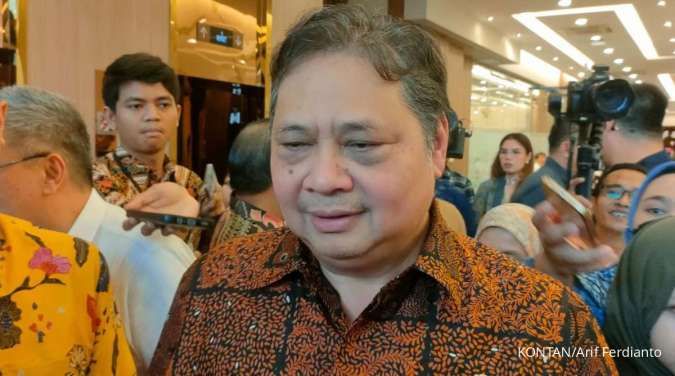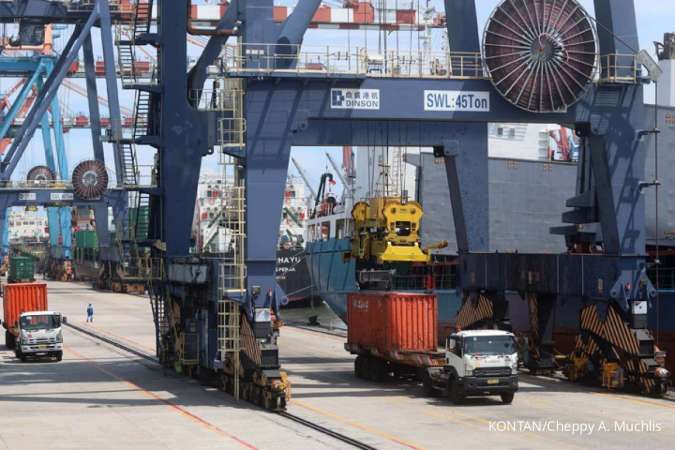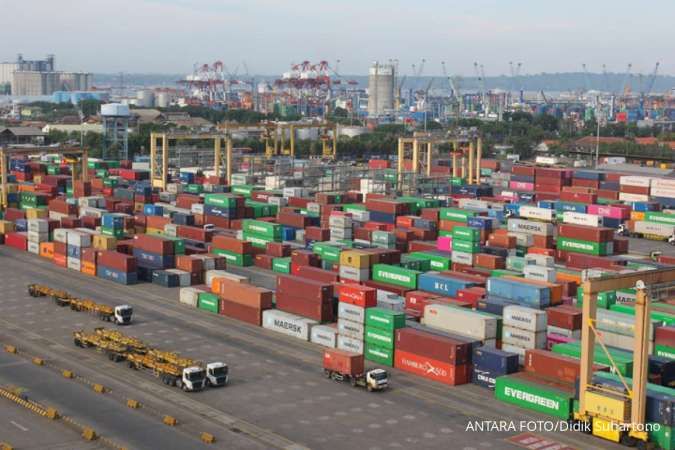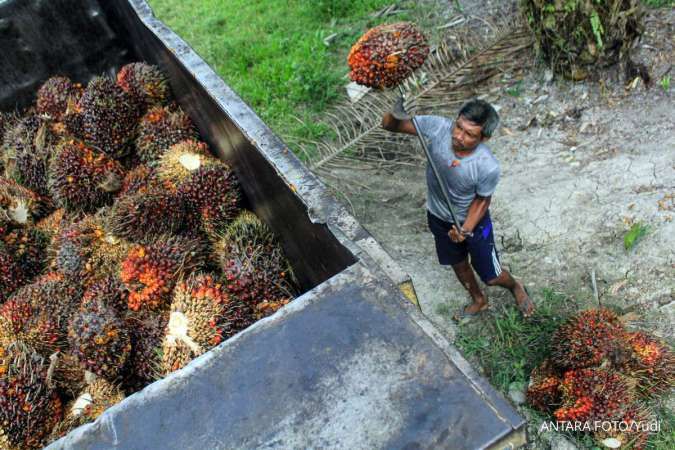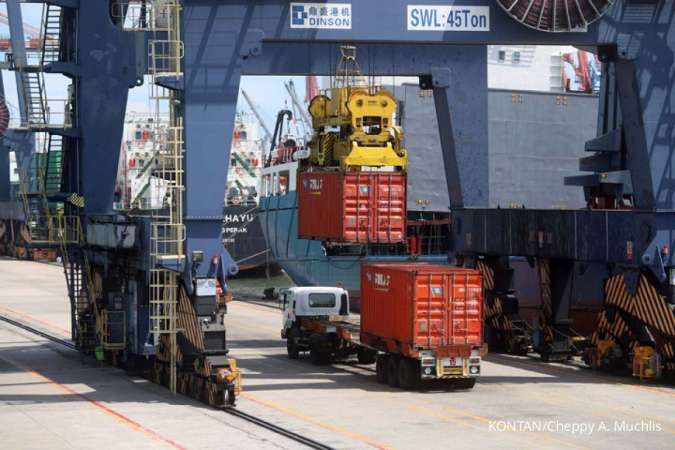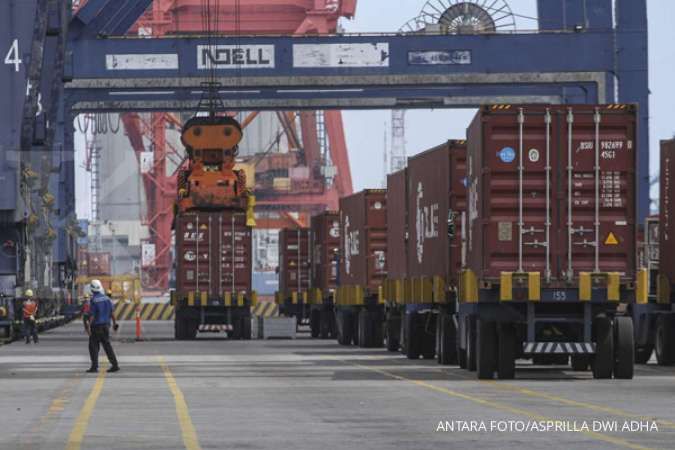From TRADE WAR, JAKARTA - The ongoing negotiations for the Indonesia-European Union Comprehensive Economic Partnership Agreement (IEU-CEPA) have yet to reach a resolution, despite nearly seven years of discussions.
Indonesia's Coordinating Minister for Economic Affairs, Airlangga Hartarto, stated that there have been 18 rounds of IEU-CEPA negotiations. However, the European Union's stance has been inconsistent throughout these meetings.
"We are still in the finalization stage of the IEU-CEPA. We have been negotiating for seven years, with 18 meetings, and it's still not concluded, because Europe keeps changing its position," Hartarto said during an economic seminar held at Canisius College, Jakarta, on Saturday (11/5).
Moreover, he added, in the midst of these negotiations, the European Union has taken issue with two of Indonesia's key commodities, nickel and palm oil, at the World Trade Organization (WTO).
The dispute arose because the European Union objected to Indonesia's ban on nickel ore exports. Regarding palm oil, Indonesia has accused the European Union of discrimination. This followed the European Union's classification of palm oil as a high-risk crop for deforestation.
The European Union plans to limit and gradually eliminate the use of palm oil or Crude Palm Oil (CPO) for biodiesel. This plan will undoubtedly harm Indonesia, as palm oil is a major export commodity.
Hartarto added that he had met with the European Parliament and government representatives to discuss these issues.
He urged the European Union to treat Indonesia fairly, emphasizing that regulations should be made to govern one's own country, not to control others.
In addition, Indonesia has a trade agreement with the European Free Trade Association (EFTA), which includes countries such as Switzerland, Liechtenstein, Iceland, and Norway. This trade agreement is known as the Indonesia-EFTA Comprehensive Economic Partnership Agreement (IE-CEPA).
This agreement also addresses the issue of palm oil. Therefore, Hartarto believes it is unreasonable for the European Union to continue to take issue with palm oil or nickel.
"The EFTA includes a palm oil component, and this was approved by a Swiss referendum. So it doesn't make sense for the EU to still bother us about nickel or palm oil," he explained.
/2024/03/08/1874674723.jpg)
